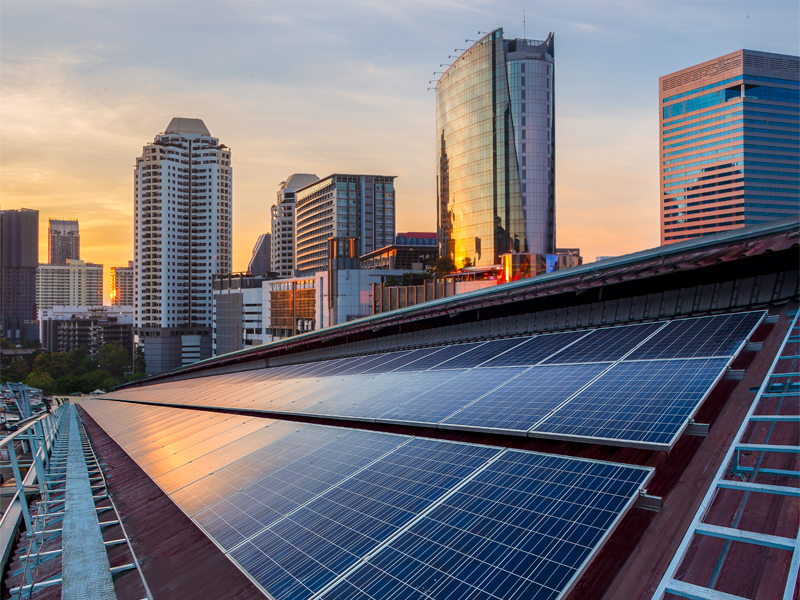
PAID CONTENT
COVID-19 has made many people, including investors, reflect on how companies should address critical issues. Advisors can help shape a portfolio that speaks to client concerns about the world.
Responsible investing (RI) integrates environment, social and governance (ESG) consideration into selecting companies. That allows investors to use their savings to drive change, and invest in compagnies that are better equipped to face the modern economy.
The current pandemic may increase the importance of RI to investors. Here are three things for advisors to remember.
1. ESG performers are long-term successes
Desjardins is a solid and engaged financial institution, aiming to help your clients make the best decisions regarding their investment portfolios. Over time, we’ve seen that high marks in ESG can have an impact on the stability and performance of those portfolios.
RI goes beyond conventional financial analysis by including ESG criteria in the analysis of securities.
ESG covers a lot of ground. Environmental measures include things such as carbon footprints, product sustainability, and water management. Social factors run from workers’ rights, to supply chains, to access to healthcare. And governance relates to issues like board compositions and independence, executive compensation, and shareholder rights.
At first, RI was more about excluding companies in certain industries. Now, it’s about investing in companies with strong ESG policies and practices, and, in some cases, a business model that makes a positive impact on the world.
What happens when compagnies care about their employees, suppliers, communities and sustainability, and are effectively and fairly managed? They tend to demonstrate greater operational performance, risk management and long-term value.
Material ESG criteria are critical indicators. They show how companies are addressing short-term issues and, most importantly, how they position themselves for the long haul. That’s reassuring to investors looking for long-term stability and growth.
2. Tomorrow’s economy will look different
For decades, investors have been encouraging companies to improve ESG practices. In the context of COVID-19, many of these fundamental issues are at the forefront. We’ve certainly seen it with the social part of ESG, in how companies have managed relationships with their employees and other stakeholders.
Things are uncertain now. When you talk to clients about selecting the right investment portfolio, they expect to hear more about integrating ESG criteria.
The pandemic is raising awareness about RI in terms of investing for the greater good. For example, an impact RI strategy sees attention on companies working on a COVID vaccine, developing genome sequencing to identify the coronavirus, and finding solutions such as telemedicine and medical analysis using artificial intelligence.
Overall, companies that focus on ESG issues are better prepared to survive a crisis, and adapt to an evolving landscape.
3. Resilient companies will win out
We’re seeing greater efforts by companies to make ESG efforts explicit, and by investors to hold companies more accountable.
That means hard targets around things like diversity and climate change, clear measures to get there, and transparency in reporting. The investing community is more and more engaged in asking questions and challenging companies to improve.
Investors are seeking resilient businesses that will come through all periods, and be able to manage the unexpected. People want to make the post-COVID-19 world a better one. By choosing responsible investing, they can contribute to creating that world while seeking growth opportunities.

Denis Dion
Responsible Investment Product Manager with Desjardins Group
To learn more about Desjardins RI solutions, visit https://www.desjardinsfunds.com/ri.
Desjardins is a trademark of the Fédération des caisses Desjardins du Québec, used under licence.
